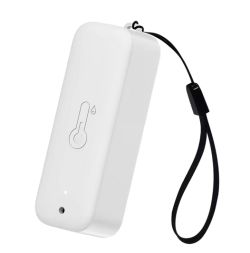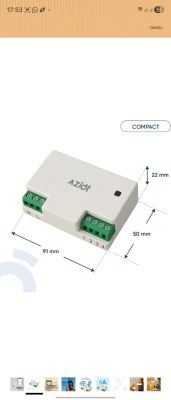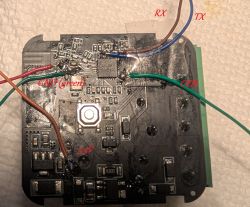I would like to point out that I am new to IoT. I need to create an installation for at least 50 devices. I am currently trying to choose a hub. Ideally, I would like it to support Zigbee and Z-Wave devices. I have been looking at devices such as the Hubitat C-8, Homey Pro, Aeotec. Unfortunately, reading various reviews, I am not able to deduce anything sensible because there is a lot of marketing there.
I care that:
- the operation of the devices would be stable, and I would not have to reset it once a day
- I would like to be able to access via the Internet, but at the same time, I would not like the hub to be only dependent on the cloud (it stops working when there is an Internet outage, or the manufacturer closes support and the system also crashes)
- I would like the hub to give the possibility of large configuration (imposing many conditions and schemes) but that it would also be fairly intuitive (so that you can add and configure devices through a simple search and easy entry of conditions and not writing 100 lines of code as in assembler)
If it comes to the hub, I have no budget constraints, I can spend, for example, 2000PLN ... but I would not like it to be like in Fibaro that later the individual devices added to the system cost several times more than the competition.
Example Hubitat C-8 looks nice in terms of features, but I read many reviews that it takes years to configure, manually add drivers and lines of code, and configuring the system takes a lot of time.
Thank you in advance for tips.
Or maybe Home Assistant installed on the Raspberry PI?






